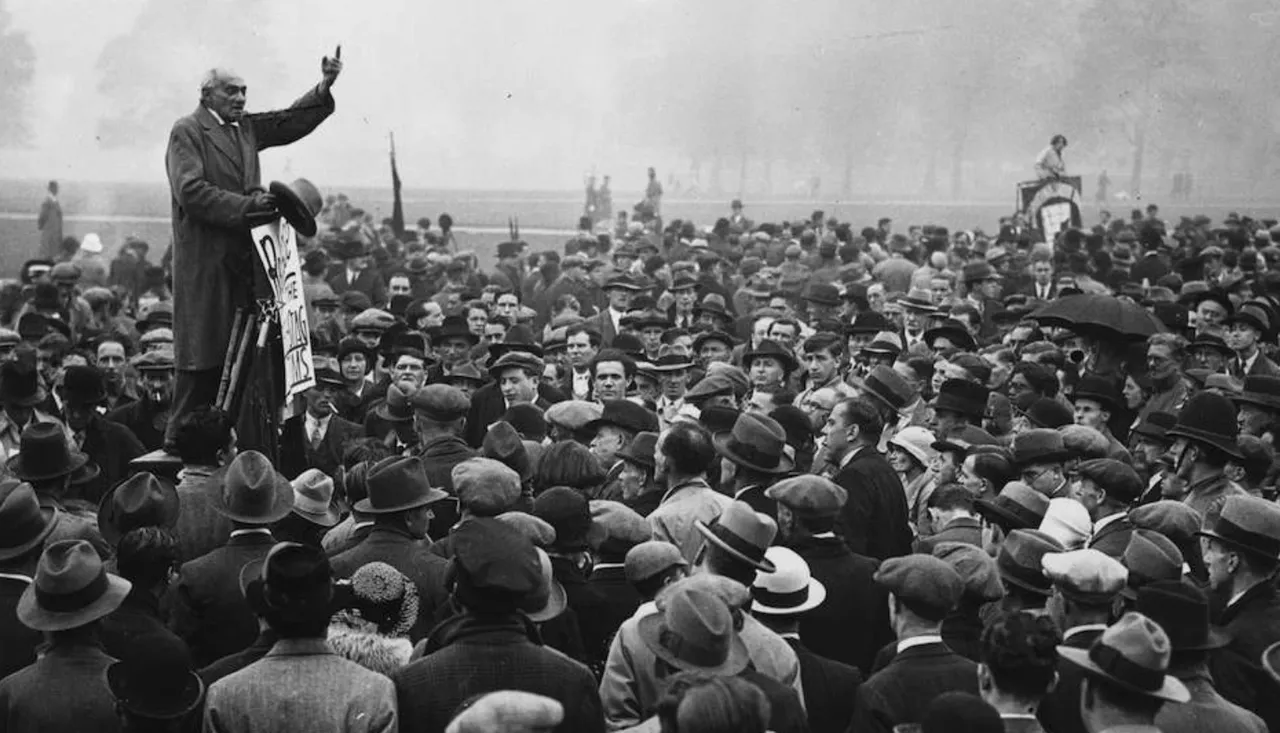6 December 2018 | OPINION
On the issue of free speech, we are in at best a managed decline.
Social media
Social media exerts extreme influence on what we think and say and it is increasingly omnipresent. Despite this it was, for a limited time, at least ours – we were the content creators.
Jordan Greenhall wrote one of the most compelling and widely shared analyses of the political landscape in the wake of the election of Donald Trump – ‘Deep Code’ – about how the consensus mainstream media reality “Blue Church” – CNN, NYT, BBC, had been disrupted by a new insurgent “Red Religion” – the emergent thinking of a new reality, characterised by a grassroots insurgency mobilised by social media platforms. This has all changed within the last 18 months.
Platforms such as Twitter regularly suspend accounts. This year we have witnessed the Twitter accounts of Alex Jones, Infowars, American comedian Owen Benjamin and Conservative commentator, Laura Loomer, taken down. Others like US conservative Candance Owens and James Wood have also faced temporary suspensions. One does not have to agree with what these individuals say to make the argument that they have a right to be heard.
Twitter CEO Jack Dorsey seems to be testing the waters in relation to account suspension. He is currently being investigated by US Congress for the censorship of right-of-centre voices. Alex Jones’ Twitter suspension followed a heated exchange between Jones and a CNN reporter when Jones live-streamed on the Twitter-owned video service Periscope criticising Dorsey. This was after back-to-back US Congressional hearings in which Dorsey faced accusations of political bias. The suspension seems personal rather than objective or impartial.
Government and universities
Some governments appeared to have overstepped the boundary too.
In March, Lauren Southern, a conservative journalist, was barred from entering the UK under schedule 7 of the Terrorism Act 2000 – a provision criticised by a human rights group as a ‘ breathtakingly broad and intrusive power to stop, search and hold individuals at ports, airports and international rail stations’. This was due to the fact she had previously distributed offensive leaflets in the UK.
There has also been a series of attacks on lectures in British universities. I was present at Kings College London when masked thugs violently stormed the building, attacked security guards and students and interrupted Sargan of Akaad (Carl Benjamin)’s talk on Ayn Rand. More thugs were similarly aggressive towards Jacob Rees Mogg MP who was assaulted during a talk he gave at the University of West England. It is becoming increasingly difficult and expensive for universities to protect free speech for students, professors and speakers on campus, which they are statutorily obliged to do under section 43 of the Education Act 1986.
What can be done?
It appears Jordan Greenhall was right in his assessment – to disempower media corporates we must decentralise the media and create our own blogs, YouTube channels and social media pages.
The only answer to the creeping censorship must be free-market competition. Always seek alternatives. I encourage everyone who has not already done so to set up a Gab.com account. There are other online alternatives too – Duck Duck Go as a search engine, Brave or Opera as a web browser and Signal as a messaging service, to name but a few.
















